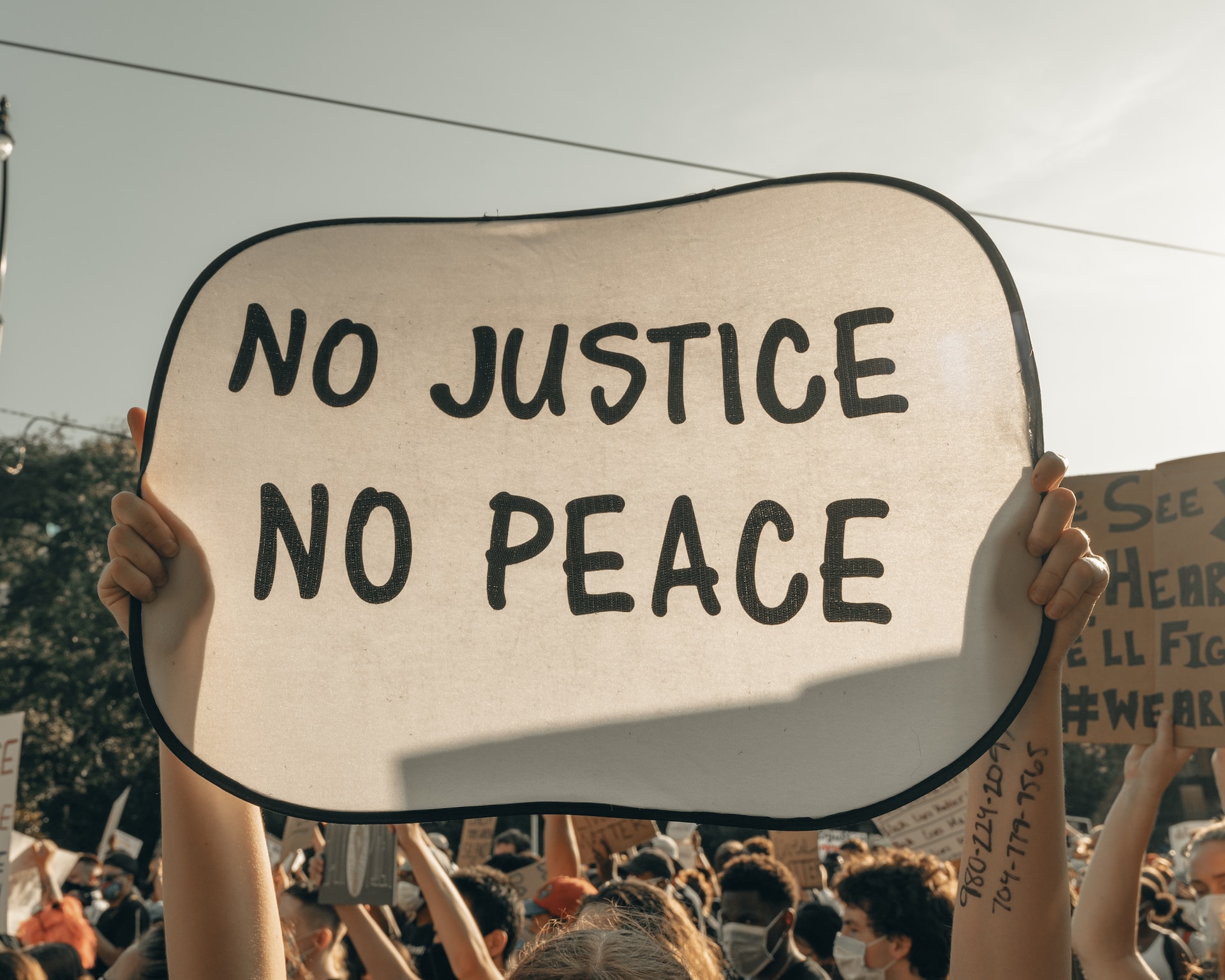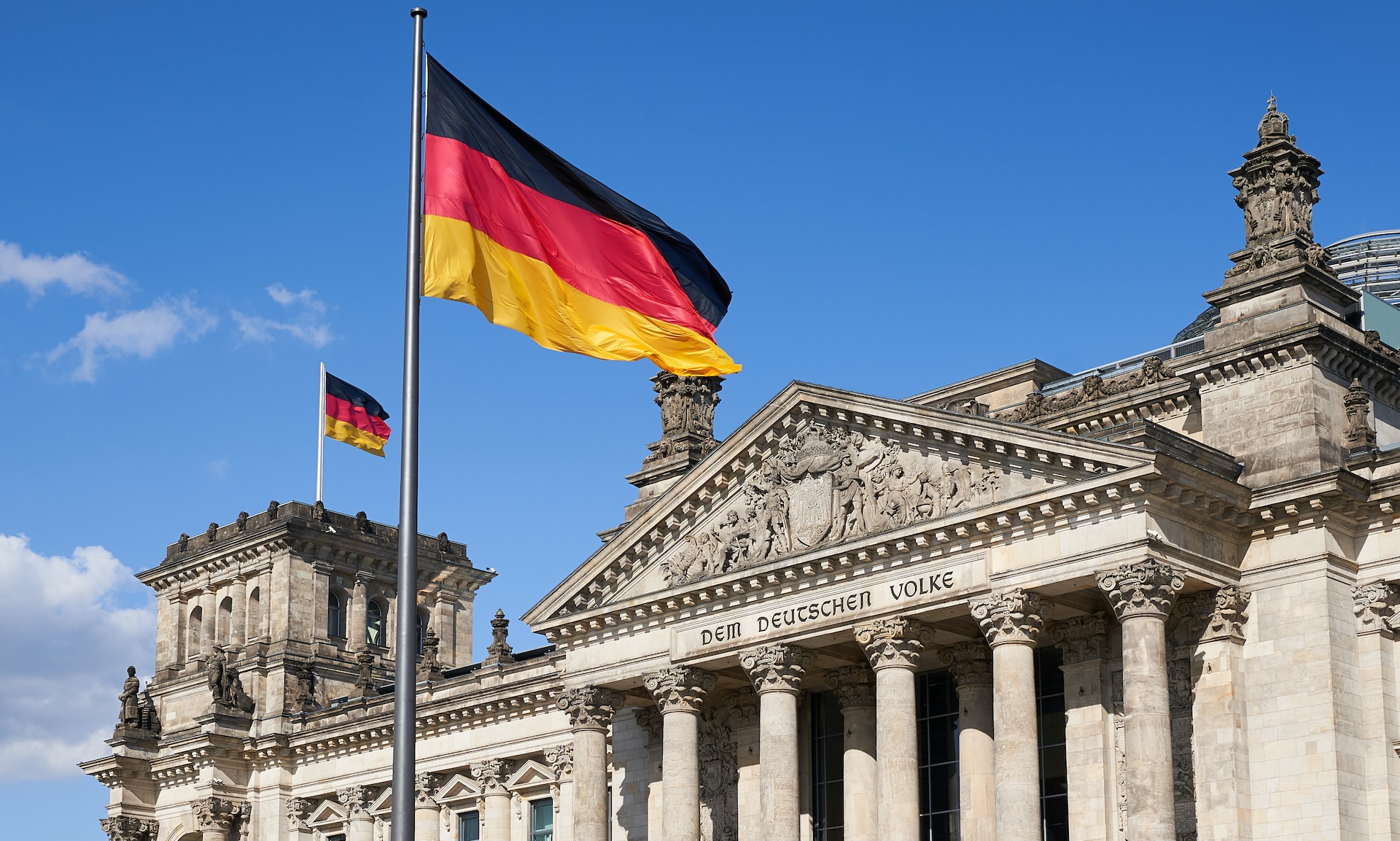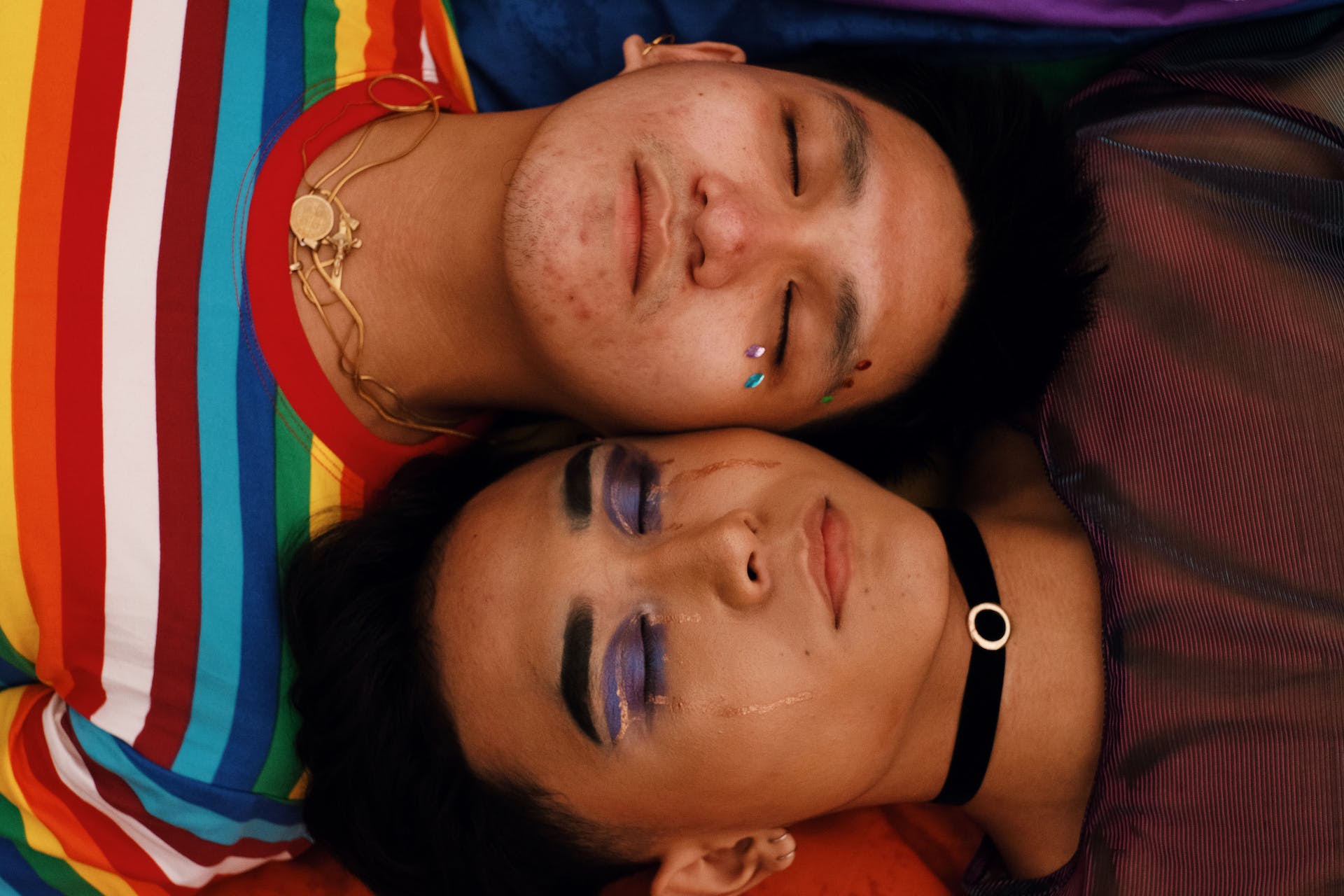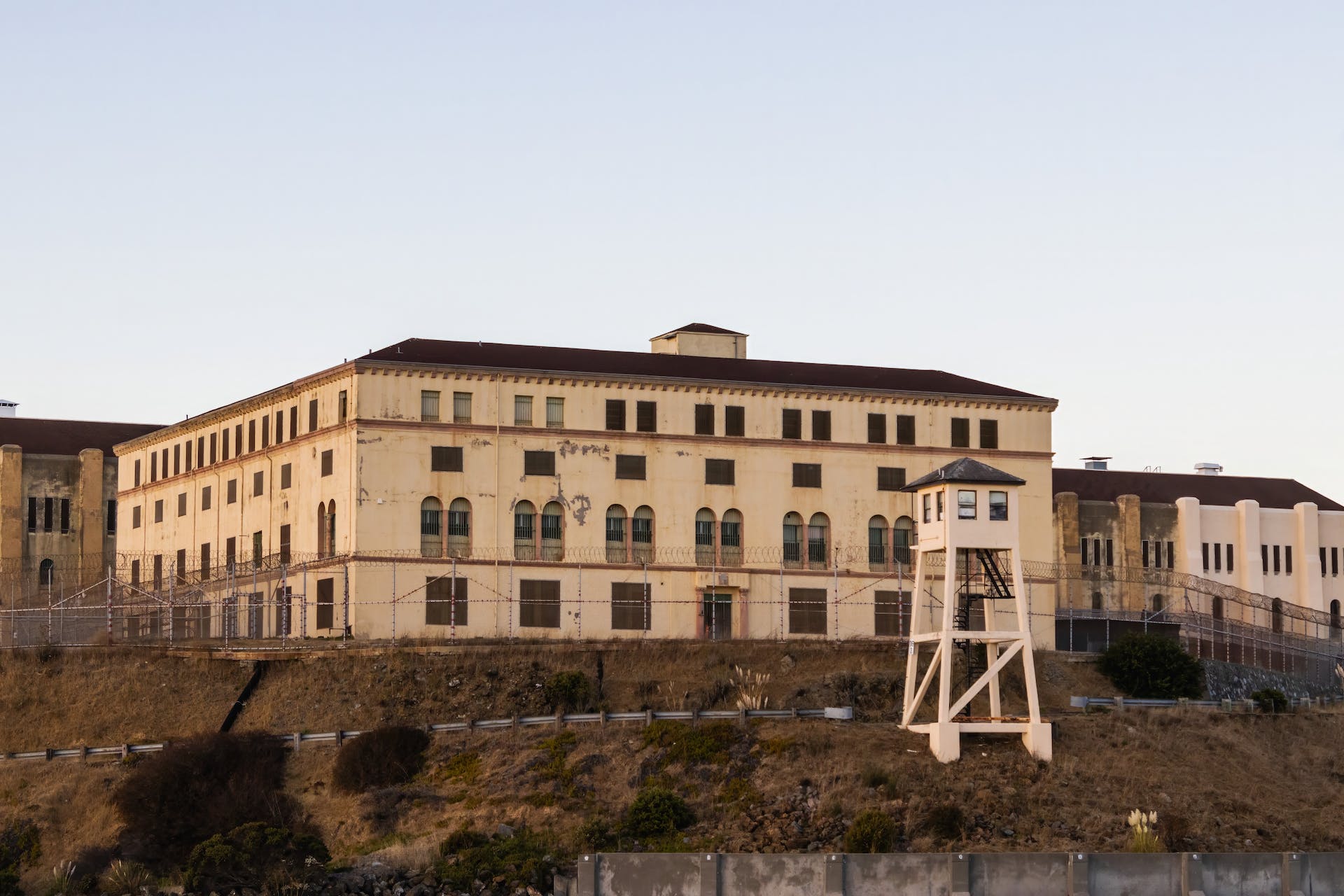Russia Passes Law Banning Gender Reassignment

In a sweeping move by Russia’s lower house of parliament, gender reassignment surgeries and the legal recognition of gender changes have been outlawed. The State Duma announced the ban after a unanimous vote by political parties, marking the bill’s final reading.
Protecting ‘Citizens and Children’
Chairman Vyacheslav Volodin justified the decision as a means to safeguard Russian society, explicitly criticizing the United States for what he perceives as a decline due to the acceptance of gender reassignment surgeries. According to Volodin’s statement, the Duma’s ruling is aimed at preventing what he calls the “degeneration” observed elsewhere, which is deemed unfit for Russia.
Contents of the New Legislation
The proposed legislation is stringent in its scope, prohibiting all medical interventions intended for sex changes and any state registration of gender changes that do not involve an operation. Exceptions are made only for surgeries correcting congenital anomalies in children. Moreover, the law introduces restrictions affecting transgender individuals’ marital and parental rights, including a ban on adoption or becoming foster parents.
Widening the Crackdown on LGBTQ Rights
This bill is the latest in a series of legislative actions targeting the LGBTQ community under President Vladimir Putin’s administration. The Kremlin has positioned these attacks as a defense against a perceived moral decline in Western societies.
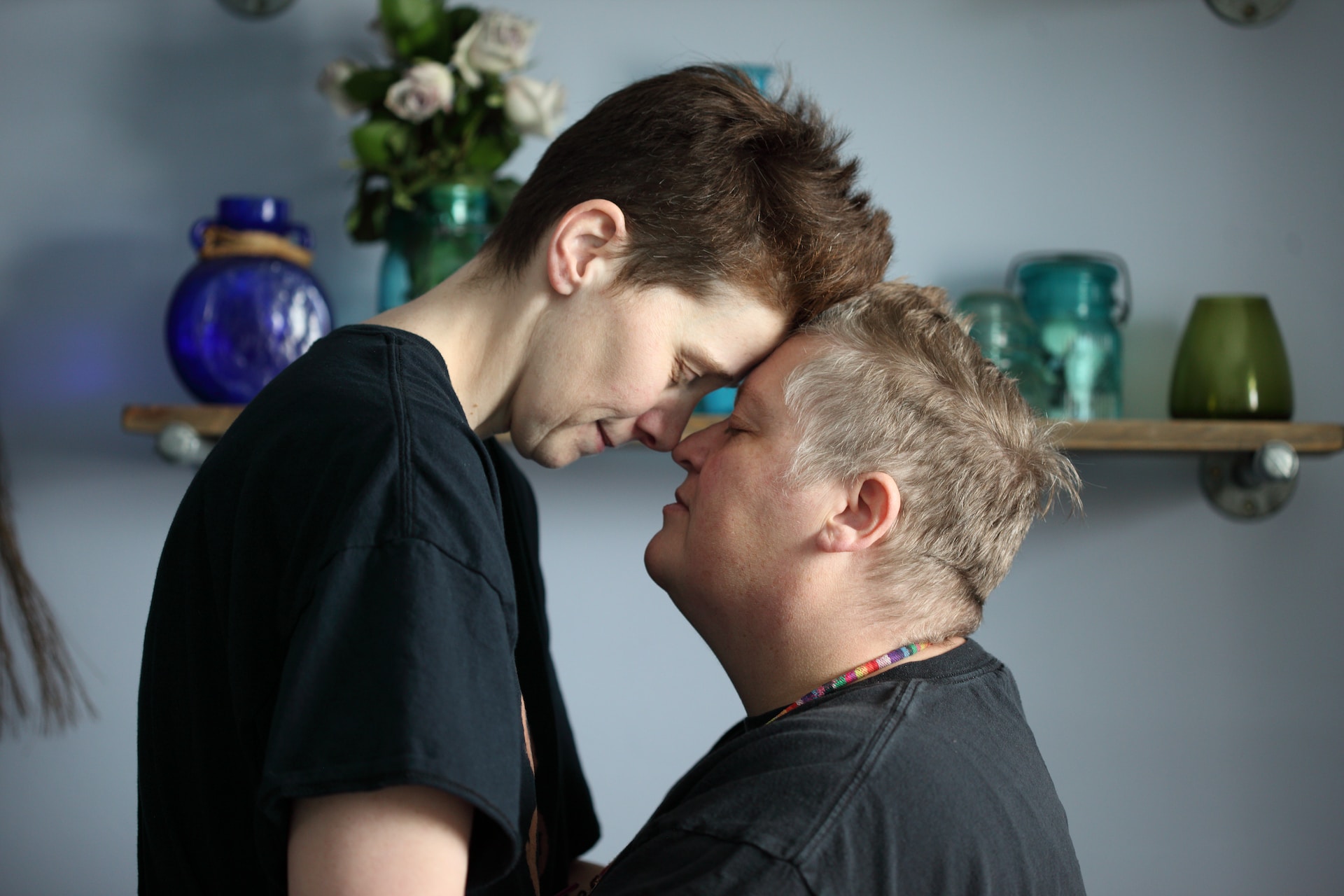
In the previous year, the enactment of the so-called “gay propaganda” law made any positive mention of LGBTQ relationships illegal. Since 2013, Russia has been on a legislative path against the promotion of “nontraditional sexual relations” to minors, a stance echoed in certain laws of EU member Hungary and various US states.
The International Response
As the bill moves to the upper house and awaits President Putin’s signature, international human rights groups and LGBTQ advocates are raising alarms about the deepening human rights crisis for transgender and LGBTQ individuals in Russia. The implications of this law, should it be enacted, are expected to further isolate the Russian LGBTQ community and escalate the already heightened concerns among human rights observers worldwide.
©equalityvoices.org




